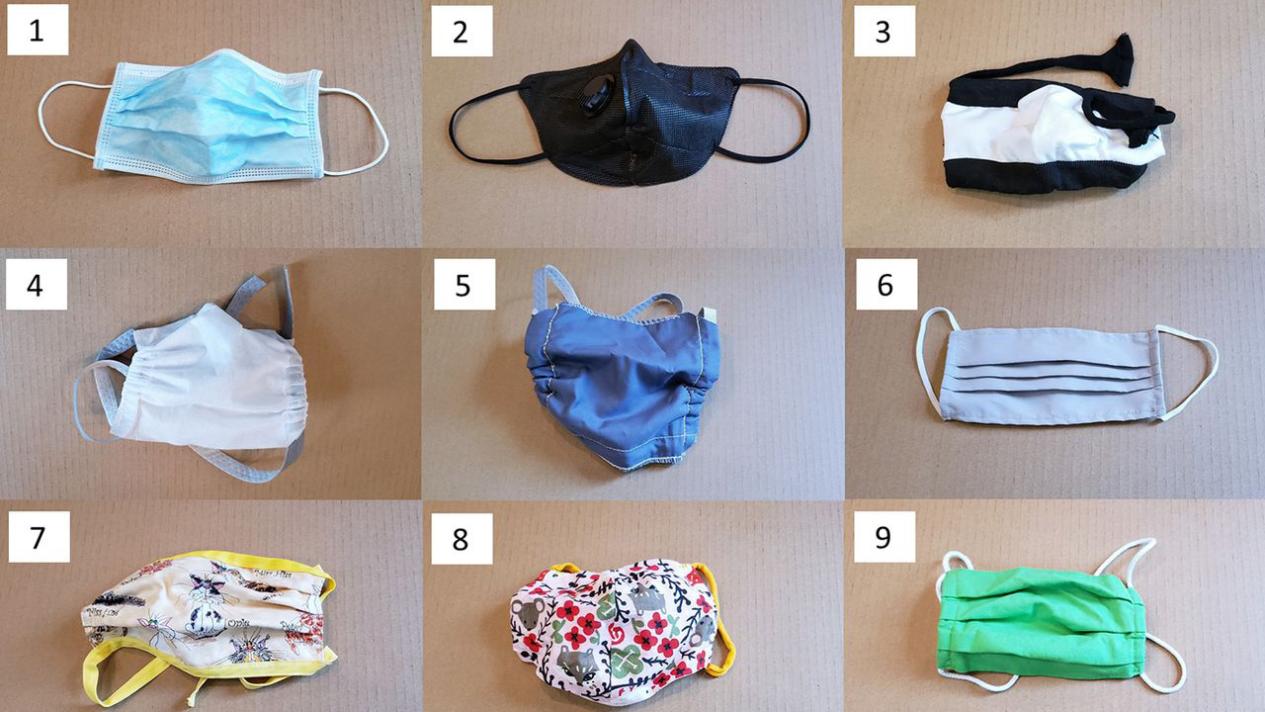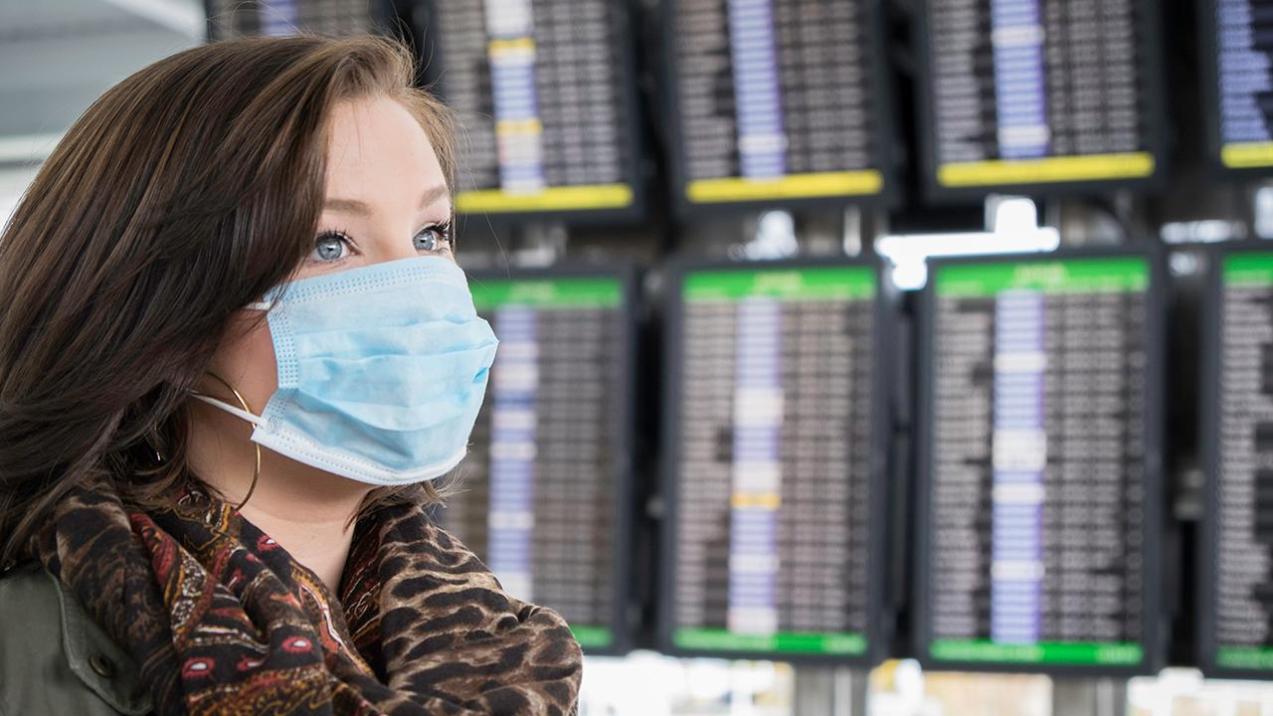The Mask Debate: Unraveling the Evidence for and Against Mask Wearing
The ongoing debate surrounding mask-wearing has ignited heated discussions and polarized opinions worldwide. Understanding the evidence for and against mask-wearing is crucial in navigating this complex issue and making informed decisions.

Historical Context
Throughout history, masks have been employed as a preventive measure during pandemics and epidemics. Notable instances include the use of masks during the 1918 Spanish Flu pandemic and the bubonic plague in the Middle Ages.
Benefits Of Mask-Wearing
- Numerous studies have demonstrated the effectiveness of masks in reducing the spread of respiratory droplets, which are the primary mode of transmission for respiratory viruses like COVID-19.
- Masks protect both the wearer and those around them by filtering out potentially infectious droplets.
- Data from countries and regions with widespread mask-wearing mandates have shown a significant reduction in infection rates, highlighting the impact of mask-wearing on public health.
Arguments In Favor Of Mask-Wearing
- Mask mandates or recommendations are often supported by the ethical and moral obligations of individuals to protect the health of others, especially vulnerable populations.
- Not wearing a mask in public spaces can have potential consequences, including increased risk of infection for oneself and others, as well as potential legal or social ramifications.
Concerns And Challenges
While the benefits of mask-wearing are widely recognized, concerns have been raised regarding discomfort, potential health risks, and communication difficulties.
- Proper mask selection, education, and support can help address these concerns and ensure that masks are worn correctly and comfortably.
- Successful strategies to overcome challenges include providing clear guidelines, offering a variety of mask options, and promoting mask-wearing as a collective effort to protect public health.
Evidence Against Mask-Wearing
Despite the overwhelming scientific consensus on the benefits of mask-wearing, some studies and arguments have questioned their effectiveness in preventing the spread of COVID-19.
- Claims that masks may cause adverse health effects or hinder communication have been made, although these claims are often based on anecdotal evidence or limited studies.
- Limitations and potential biases in some studies that have reported negative findings have been identified, highlighting the need for rigorous and comprehensive research.
Weighing The Evidence

Considering the totality of the evidence, the overwhelming consensus among public health experts and scientific organizations is that mask-wearing is an effective measure in reducing the spread of COVID-19.
- Ongoing research and monitoring are essential to inform future mask-wearing policies and ensure that they are based on the latest scientific evidence.
Understanding the evidence for and against mask-wearing is crucial in making informed decisions about public health policies and individual behavior. Mask-wearing remains a vital tool in the fight against COVID-19, and its benefits far outweigh any potential concerns or challenges.
As new evidence emerges, public health guidelines may evolve, but the importance of mask-wearing in protecting public health remains undeniable. Individuals should continue to follow the guidance of public health authorities and make informed decisions based on the available evidence.
YesNo

Leave a Reply